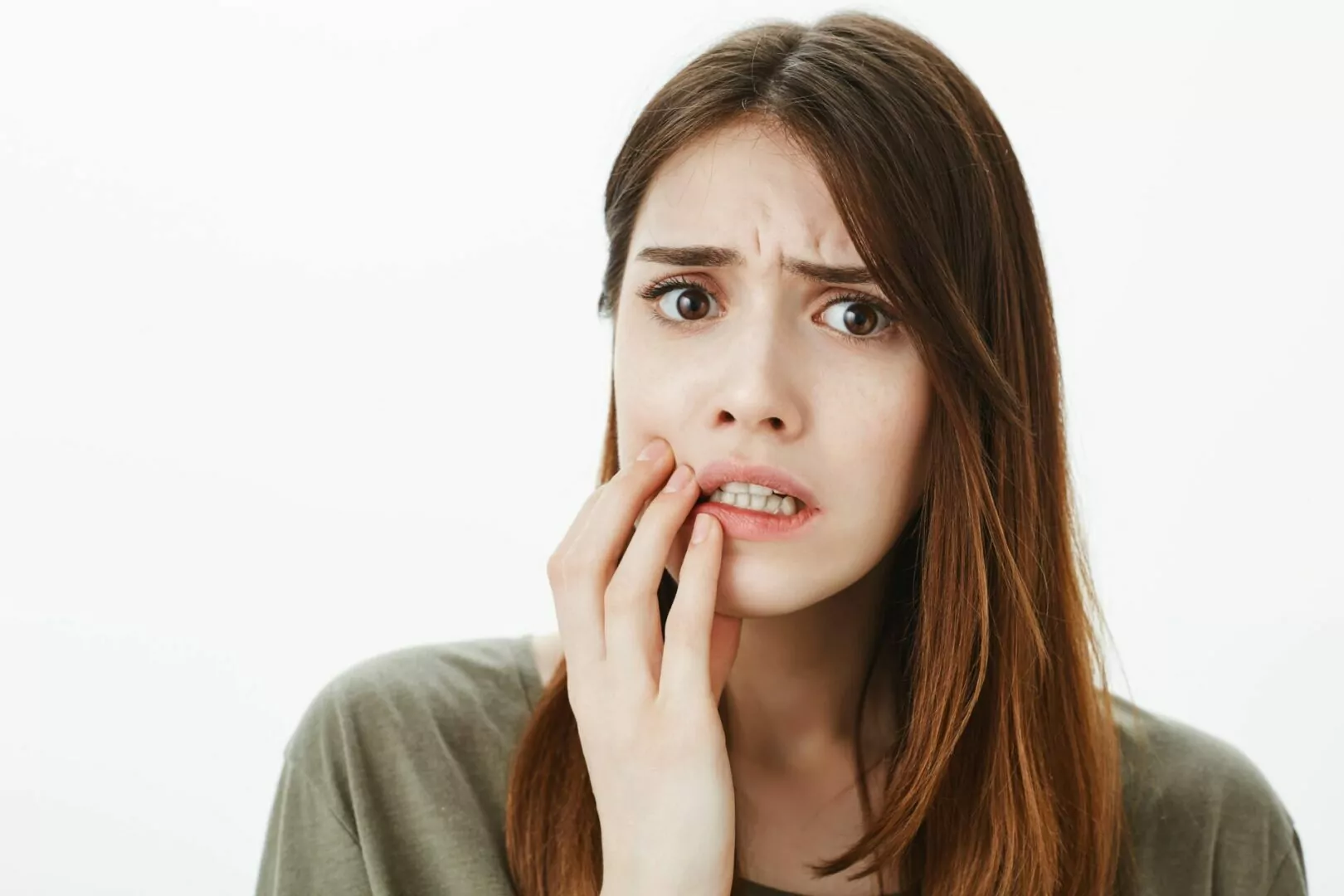How Teeth Grinding Can Affect Your Well-being

How Teeth Grinding Can Affect Your Well-being
Life’s challenges often come in various forms, some of which can be hidden beneath the surface. One such hidden challenge is teeth grinding, a habit that affects millions of people around the world. Whether it occurs at night or during the day, teeth grinding can have a profound impact on your well-being. Read on as we explore the world of teeth grinding, its causes, effects, and most importantly, how you can find relief from its clutches.
The Unseen Struggle
Imagine a scenario where you’re having a restful sleep, or you’re engrossed in an important task during the day. Suddenly, a grinding sensation overtakes you, originating from your teeth. This phenomenon, known as bruxism, involves the clenching, gnashing, or grinding of teeth. While it often goes unnoticed, its effects can reverberate through various aspects of your life.
The Mysterious Culprits
Teeth grinding can occur for a multitude of reasons, ranging from physical to psychological factors. One of the most common physical causes is misaligned teeth or an improper bite. When your upper and lower teeth do not align properly, the subconscious attempt to find the perfect bite can lead to grinding. Stress and anxiety also play a significant role in bruxism. The pressures of daily life can manifest during sleep as teeth grinding, an involuntary response to pent-up tension.
Daytime Stressors and Nighttime Grinds
Teeth grinding isn’t confined to just the nocturnal hours; it can also occur during the day. Daytime grinding, often referred to as awake bruxism, can be caused by stress, anxiety, or even intense concentration. It might occur while you’re immersed in a challenging work project, caught in traffic, or grappling with personal worries. While nighttime grinding, or sleep bruxism, might seem more mysterious, it’s equally driven by stress and anxiety, and sometimes even sleep disorders.
The Impact on Well-being
The effects of teeth grinding go beyond the dental realm. The repeated friction and pressure exerted on teeth can lead to dental issues such as enamel wear, fractures, and even tooth loss in extreme cases. But the impacts extend beyond your smile. Headaches, jaw pain, and facial soreness often accompany chronic grinding. The constant strain on the jaw muscles can result in temporomandibular joint disorders (TMJ), causing pain and limiting jaw movement.
Sleep Interrupted
Perhaps one of the most concerning aspects of nighttime teeth grinding is its effect on sleep quality. Sleep is a precious time for the body to rejuvenate and repair itself. However, bruxism can disrupt this process, leading to frequent awakenings throughout the night. This constant interruption prevents you from reaching the deep, restorative stages of sleep, leaving you fatigued and irritable during the day.
The Emotional Toll
Teeth grinding doesn’t merely stop at the physical symptoms; it can take a toll on your emotional well-being as well. The chronic pain, sleep disturbances, and dental problems can contribute to feelings of frustration, anxiety, and even depression. The cycle becomes a vicious one – stress triggers grinding, which in turn exacerbates stress due to its various repercussions.
Managing Teeth Grinding
Thankfully, there are numerous strategies to manage and alleviate the effects of teeth grinding. While seeking professional help is essential, there are steps you can take to regain control over this hidden challenge.
Stress Management: Since stress is a significant contributor to teeth grinding, finding effective stress management techniques is key. Engage in activities that relax your mind, such as yoga, meditation, or deep breathing exercises. Creating a bedtime routine that helps you unwind can also significantly reduce nighttime grinding.
Oral Appliances: Dentists often recommend wearing a nightguard or splint to protect your teeth from the damaging effects of grinding. These custom-made devices create a barrier between your upper and lower teeth, reducing the impact of grinding forces.
Behavioral Changes: Being mindful of your daytime habits can make a significant difference. Avoid chewing on pens, pencils, or other non-food objects, as this can contribute to the habit. If you catch yourself grinding during the day, consciously position your tongue between your teeth to discourage the action.
Caffeine and Alcohol Intake: Both caffeine and alcohol can worsen teeth grinding. Cutting back on these substances, especially in the hours leading up to bedtime, can help reduce the frequency and intensity of grinding episodes.
Seek Professional Help: If teeth grinding becomes a persistent issue, seeking professional help is vital. Dentists and medical professionals can assess your condition and recommend appropriate treatments. In severe cases, therapy, medication, or even dental correction procedures might be necessary.
Conclusion
Teeth grinding might be a silent struggle, but its effects can reverberate through various aspects of your life. Whether it occurs at night or during the day, the physical, emotional, and psychological toll it takes is significant. Understanding the root causes of teeth grinding and adopting strategies to manage it can lead to improved well-being and a brighter smile. Remember, you’re not alone in this journey, and seeking help is a step towards breaking free from the clutches of teeth grinding.
To learn more, talk to our expert dentists at Emerald Dental Care today!
Recent Posts
Options for Replacing Missing Teeth
15th Aug 2023Budget-Friendly Oral Hygiene for College Students
15th Aug 2023How Teeth Grinding Can Affect Your Well-being
15th Aug 2023© Copyright Emerald Dental Care 2024 | Managed by Dental Rank
Disclaimer: Any surgical or invasive procedure carries risks. Before proceeding, you should seek a second opinion from an appropriately qualified health practitioner.
4.9 68 reviews

